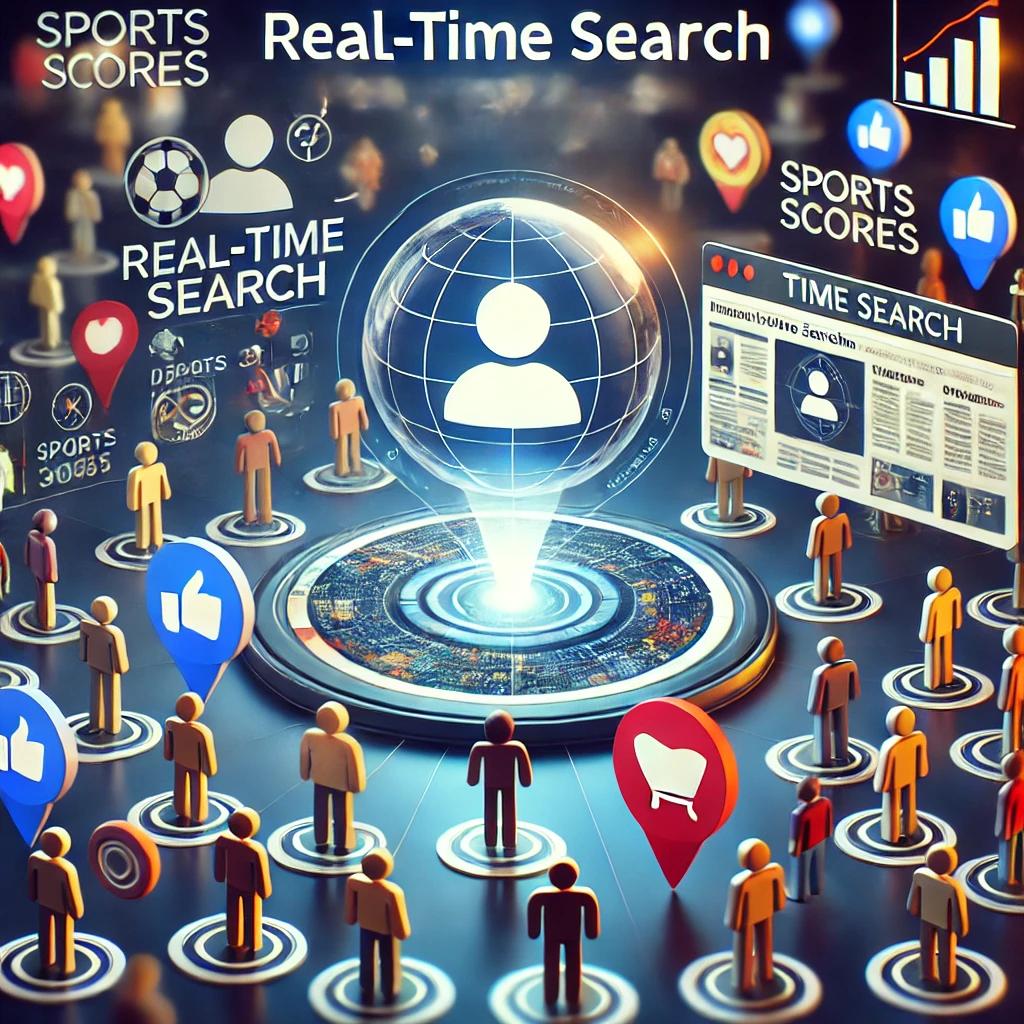OpenAI has entered the search engine market with a new ChatGPT feature. This tool positions ChatGPT to compete with industry giants Google and Microsoft Bing. The latest version of ChatGPT combines AI-driven conversation with real-time internet access, promising a shift in how users find and process information online. This post dives into how ChatGPT search works, its main features, and its potential impact on traditional search engines.

Introducing ChatGPT Search
Released in late 2024, ChatGPT’s new search tool brings real-time search capabilities to the familiar ChatGPT interface. Users can now use ChatGPT to access live data on the internet. The goal is to create a single platform where users receive AI-driven responses along with up-to-date information. With this release, OpenAI aims to streamline how users search and interact online (OpenAI Blog Announcement).
Before this release, ChatGPT responses were limited by a training cutoff date, meaning it could not pull in recent events or real-time information. The new search function removes this limitation. Now, ChatGPT draws live information from the web. This update marks a major improvement for users looking for current news, sports scores, or breaking events (The Verge).
Key Features of ChatGPT Search
- Live Access to Information
With the new search tool, ChatGPT can provide up-to-date answers based on live data. Now, users can rely on it for time-sensitive information like news events or sports scores (TechCrunch). - Conversational Approach to Search
ChatGPT combines the traditional search bar with conversational AI. This combination allows users to ask questions, follow up, and refine their queries seamlessly. It creates a more interactive experience compared to traditional search (The Verge). - Integration with GPT-4 and GPT-5
The ChatGPT search tool is powered by OpenAI’s most advanced models, including GPT-4 and GPT-5. This integration means that responses are more accurate and detailed than ever before (Forbes).
ChatGPT vs. Google and Microsoft Bing
By adding search capabilities, OpenAI has set itself up to compete directly with Google and Microsoft. Each of these companies has been adding AI-powered tools to their search engines. Here’s a look at how ChatGPT stacks up against these established players.
Google’s Search Dominance and AI Updates
Google continues to dominate the search engine market, with Bard AI as one of its latest enhancements. Bard focuses on answering questions conversationally, especially for complex searches. But Google still mostly delivers ranked search results. In contrast, ChatGPT search offers answers in a conversational flow, making it easier to get specific responses without sifting through links (Google Bard Update).
Microsoft Bing’s Integration with ChatGPT
Microsoft was one of the first companies to incorporate ChatGPT’s technology, adding it to Bing search in early 2023. By integrating ChatGPT, Bing offered users an AI-driven approach to finding information. But OpenAI’s independent launch of ChatGPT search now offers the same experience directly within ChatGPT. This release gives users an alternative to Bing’s mixed model and makes OpenAI a standalone player in the market (CNBC).

Potential Impact of ChatGPT Search on the Industry
OpenAI’s new search tool could change how users interact with search engines. Here’s a look at some potential impacts:
- A New Experience for Users
ChatGPT offers a smooth, interactive experience that users may find more enjoyable. Its conversation-based format could attract those looking for streamlined answers, which may reduce the need for traditional search engines (TechRadar). - SEO and Content Marketing Challenges
This tool’s conversational nature is likely to alter the SEO landscape. Traditional SEO methods may become less effective as ChatGPT search focuses on delivering contextual responses. Content creators may need to rethink how they structure and promote information (Search Engine Journal). - Competitive Pressure on Google and Microsoft
With OpenAI’s entrance, Google and Microsoft are likely to push even more innovations. Google could further improve Bard to handle complex conversations, while Microsoft might add more AI features to Bing (CNBC).
Advantages and Limitations of ChatGPT Search
ChatGPT’s search tool brings a mix of benefits and drawbacks:
Benefits
- Fast and Direct Responses: Users receive answers without needing to browse through multiple links.
- Interactive Queries: Users can refine their questions, allowing ChatGPT to build on prior responses for better accuracy.
- Relevant, Contextual Answers: AI-driven responses give more context and depth than a traditional list of links (OpenAI Blog).
Limitations
- Accuracy Concerns: AI-generated answers may contain errors, especially for complex or multi-source information (TechRadar).
- Bias and Source Limitations: ChatGPT may present biased information, as it pulls from various sources but doesn’t always cite them, which makes fact-checking harder (Forbes).
- Privacy: Real-time search means the AI has internet access, which could raise privacy concerns among users (CNBC).
Closing Thoughts
ChatGPT search could signal the start of a new era in AI-driven search. With this release, OpenAI challenges traditional search engines, showing that it’s ready to shape the industry. It offers users a dynamic way to search, blending real-time data with conversational AI. While the tool is currently available to ChatGPT Plus and Pro subscribers, OpenAI may expand access in the future.
For users, ChatGPT search provides a modern, interactive way to explore the internet. For Google and Microsoft, it’s a sign that they’ll need to continue pushing boundaries in AI. The search landscape is evolving, and ChatGPT’s latest feature is a compelling alternative to the conventional list-based approach (The Verge).


